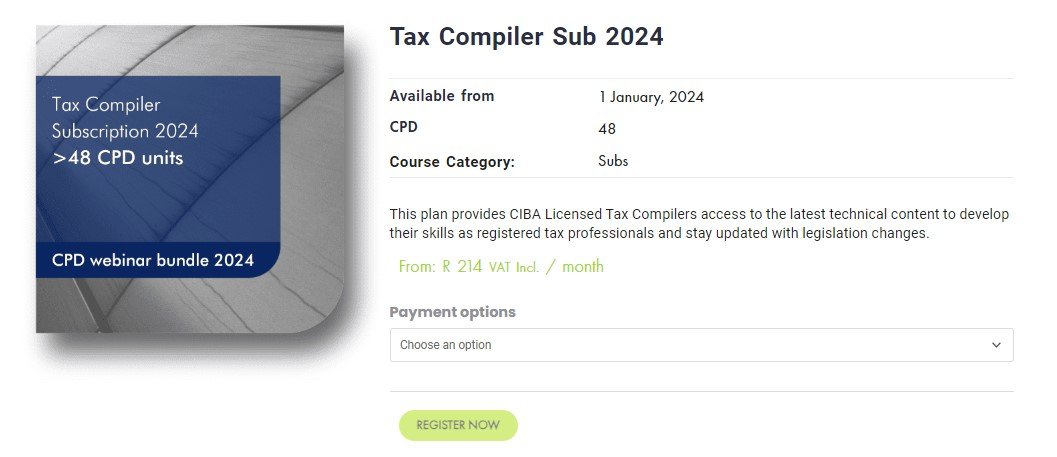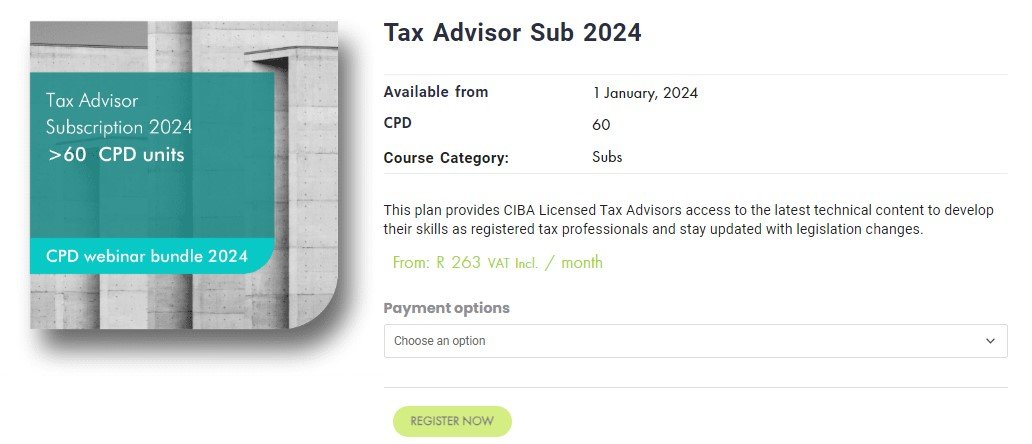SARS's Triumph: R21.5 Trillion Revenue Collection and Its Implications
Achievements of SARS in Collecting Revenue
In today’s news release, the South African Revenue Services (SARS) announced that it collected a record R21.5 trillion between 1994 and 2024, with a Compound Annual Growth Rate (CAGR) of 9.9%. These collections enabled the tax-to-GDP ratio to improve from 20.2% to 24.7%, due to SARS's effectiveness in broadening the tax base and enhancing revenue collection. The detailed sectoral analysis reveals significant strides in Personal Income Tax (PIT), Corporate Income Tax (CIT), and Value-Added Tax (VAT), with notable improvements in compliance and collection efficiencies across these categories.
Revenue collection strategies of SARS
SARS's achievements are exemplary, especially considering our ailing economy and the aftermath of state capture, which had eroded public trust and compromised tax collection processes. Under new leadership since 2019, SARS made significant efforts to restore integrity and public confidence.
The strategic vision outlined by SARS focused on creating a modern, digital-first, and integrity-driven SARS, emphasising voluntary compliance and making compliance easy and non-compliance hard and costly. These strategies allowed SARS to overcome the challenges posed by the economic environment and collect substantial revenue.
Innovative approaches, such as making use of data analytics for improved compliance and the use of digital platforms assisted SARS in achieving and surpassing budgets. In addition, a targeted focus on high-net-worth individuals and corporations has ensured that those with the greatest ability to contribute do so fairly and responsibly.
What does this mean for tax practitioners?
Tax practitioners are crucial role-players guiding their clients through the intricacies of tax compliance with confidence.
1. Communicate with Clients:
Keep your clients well-informed on deadlines and the latest tax laws and guidelines. Refer to a template letter provided for you below that you can use to inform your clients regarding the SARS media release.
Remain up-to-date and well-informed to tackle potential compliance issues proactively, fostering a smoother interaction with SARS.
2. Encourage Timely and Precise Filing:
Regularly reinforce the value of compliance and highlight the downsides of non-compliance to their clients.
Urge clients to submit their tax returns promptly and accurately to circumvent penalties and added interest for late filings.
Promote filing returns early granting additional time to identify and amend any inaccuracies, reducing the likelihood of audits.
Maximise efficiency by utilising SARS's digital platforms to simplify not only the submission of returns but also as channels for inquiries, updates, and crucial alerts directly from SARS.
3. Highlight the Significance of Compliance:
Share tangible examples with clients to illustrate the benefits of compliance, such as quicker refunds, lower audit risks, and penalty avoidance.
Stress the importance of compliance as a contribution to national economic and social development, aligning it with a broader civic responsibility.
4. Tailoring Compliance Strategies:
Grasp the distinct tax scenarios of each client to develop compliance strategies that address their specific situations and challenges effectively.
Advice on tax planning and optimisation within the bounds of the law to enhance clients’ business value.
5. Utilising AI and Data Analytics:
Clarify the implications of SARS's adoption of AI and data analytics in detecting non-compliance, highlighting the need for maintaining precise and transparent records.
Help clients set up robust systems and processes that are equipped to stand up to the advanced data analysis techniques utilised by SARS.
6. Cultivating a Culture of Voluntary Compliance:
Promote the principle of voluntary compliance as fundamental to a sound financial strategy for both businesses and individuals.
Encourage open and transparent communication with SARS, promoting a view of the tax authority as a collaborative partner rather than a foe.
Conclusion
The remarkable strides made by SARS in revenue collection, against the backdrop of significant challenges, highlight its pivotal role in South Africa's fiscal health and economic development. By focusing on innovation, integrity, and improving taxpayer engagement, SARS has set a benchmark for tax administrations worldwide. For taxpayers and tax practitioners, staying informed about SARS's evolving policies and embracing the shift towards digital compliance are crucial for navigating the complexities of tax regulation. As South Africa continues on its path of economic recovery and development, the role of SARS and the compliance of all stakeholders will be more critical than ever.
If you are a CIBA tax practitioner enroll to CIBA’s Tax Compiler or Tax Advisor Subscriptions and gain access to monthly webinars covering various topics enabling you to:
Be aware of the latest legislative changes and what it means for your business, practice, and your clients;
Prepare compliant taxation returns fast;
Issue reliable taxation calculations on financial statements;
Understand the laws and regulations that govern taxation; and
Perform applicable tax compiler or advisor services.
Use this handy template to inform your clients regarding the compliance drive of SARS and the implications that this may have on their business.



